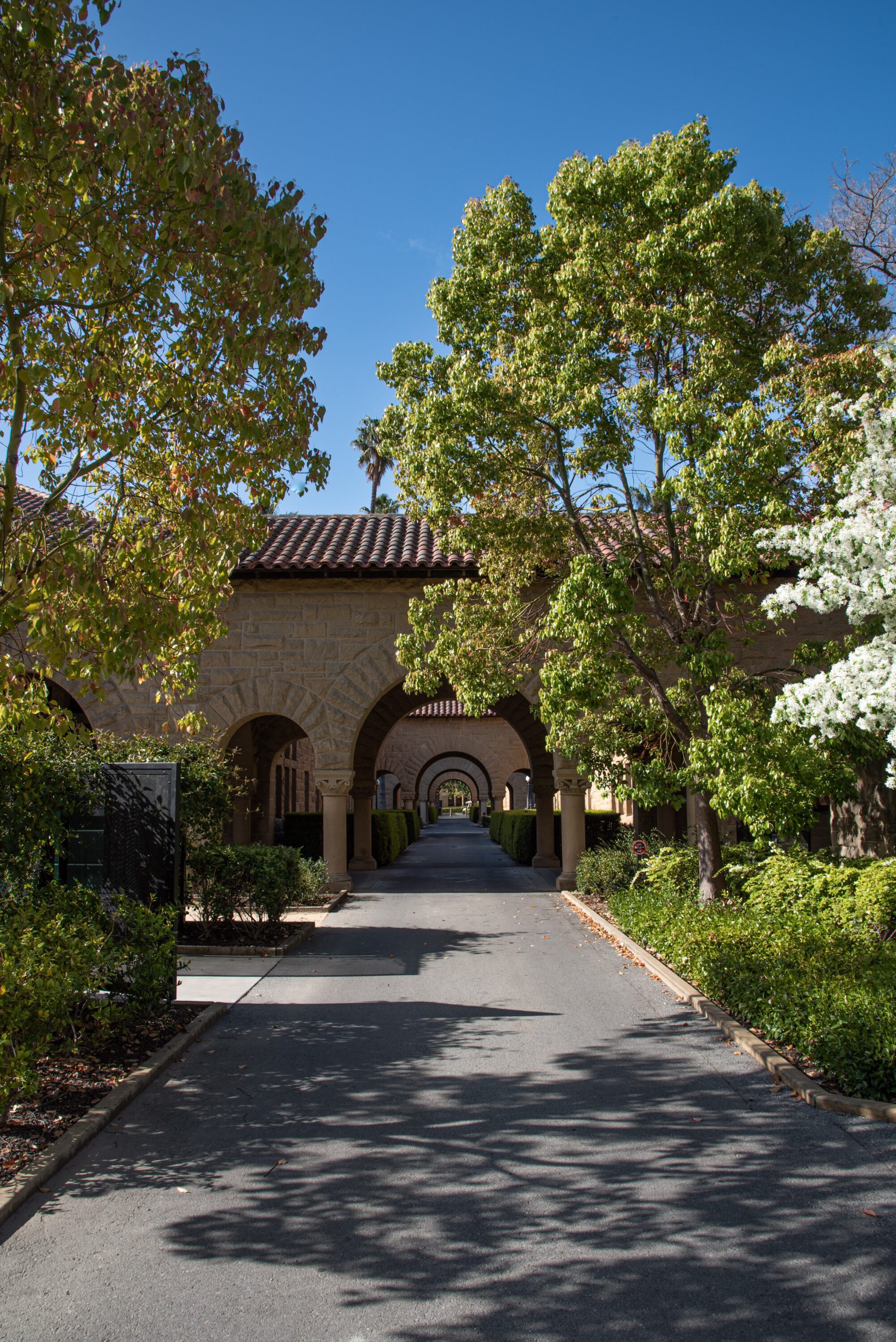Stanford University Libraries, The Europe Center, FSI’s Program on Geopolitics, Technology, and Governance, Hoover Institution Library & Archives, and Stanford’s Center for Russian, East European and Eurasian Studies, in collaboration with Vabamu, The Ministry of Foreign Affairs of Estonia, and Tallinn University of Technolgy are pleased to announce that Dr. Marek Tamm, Dr. Holger Mölder, Dr. Ingrid Pappel, and Dr. Ralf-Martin Soe have been awarded the 2023 Short-Term Research Fellowship at Stanford University for Estonian Scholars, Global Digital Governance Fellowship at Stanford University for Estonian Scholars, and Short-Term Research Fellowship at Stanford University for Estonian Security and Foreign Policy Experts.
The annual 2-6-month fellowships enable Estonian researchers to visit Stanford University and make use of its academic knowledge, networks, and collections related to the study of Estonian history, foreign policy, security, digital society and economy, cyber security, smart governance, and technology and trust. The fellowships also aim at enhancing Estonian scholars’ ability to share their knowledge of and experience in issues related to these subjects with the research community at one of the top universities in the world and other relevant entities in Silicon Valley, thus contributing to a better understanding of these topics on a global level.
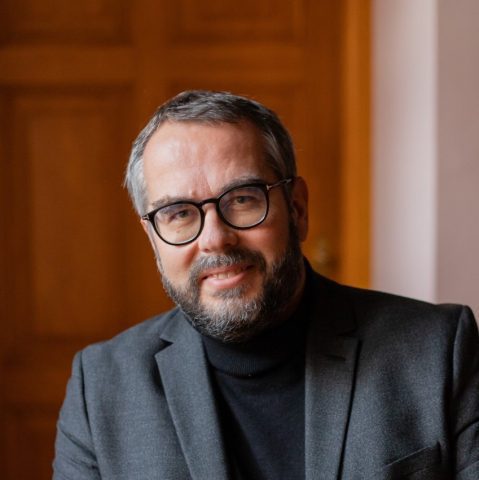 Marek Tamm, Tallinn University
Marek Tamm, Tallinn University
Short-Term Research Fellowship at Stanford University for Estonian Scholars, September–November 2023
Topic: Historical culture of the Baltic exile community in the West (1940s–1980s)
During my stay at Stanford University, it is my intention to work on a long-term project on the historical culture of the Baltic exile community in the West (1940s–1980s). The study of the past, making sense of the time lost, played an essential role in the intellectual life of Baltic refugees. My central argument is that in exile a new ‘regime of historicity,’ a new way of articulating the relationship between the categories of past, present, and future, is likely to emerge. I would claim that Baltic exile historiography offers a good example of a special ‘regime of historicity of exile’, a distinct notion and valuation of time. I hope to explore more specifically the various tasks that history writing served in Baltic exile communities: a central tool for national identity building, a major weapon in the political struggles for self-legitimization, a vital resource for moral uplifting, and an essential part of academic activities.
Marek Tamm is a Professor of Cultural History at Tallinn University, Estonia. He is also Head of the Tallinn University Centre of Excellence in Intercultural Studies and a member of the Estonian Academy of Sciences. His primary research fields are the cultural history of medieval Europe, the history and theory of historiography, digital history, and cultural memory studies. He has recently published as editor The Companion to Juri Lotman: A Semiotic Theory of Culture (with Peeter Torop; Bloomsbury, 2022), A Cultural History of Memory in the Early Modern Age (with Alessandro Arcangeli; Bloomsbury, 2020), Making Livonia: Actors and Networks in the Medieval Baltic Sea Region (with Anu Mänd; Routledge, 2019), Rethinking Historical Time: New Approaches to Presentism (with Laurent Olivier; Bloomsbury, 2019) and Debating New Approaches to History (with Peter Burke; Bloomsbury 2018).
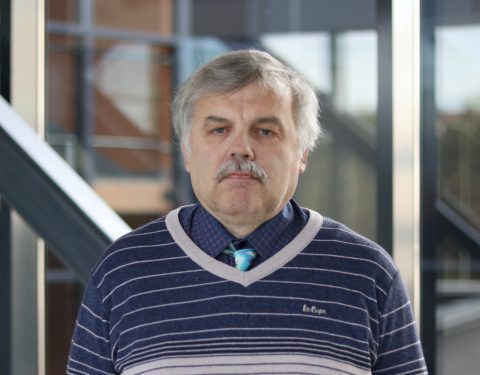 Holger Mölder, Tallinn University of Technology
Holger Mölder, Tallinn University of Technology
Short-Term Research Fellowship at Stanford University for Estonian Security and Foreign Policy Experts, February–May 2023
Topic: Strategic Imagination in Psychological Warfare: New Techniques to Analyze the Impact of Strategic Narratives Produced by Russia, China, and the United States
In 2020, I collaborated with Dr. Eric Shiraev (George Mason University), publishing the pilot article, Global Knowledge Warfare: Using Strategic Imagination to Harness Uncertainty and Fear (the Cipher Brief) in a series covering modern psychological warfare. At Stanford University, I plan on focusing on writing a corresponding monograph. In addition to my hosts (SUL, HILA, CREEES), I also expect to collaborate with the Center for International Security and Cooperation (CISAC) and its Information Warfare Working Group as well to stimulate further cooperation between Estonian and US academic institutions and to develop sustainable joint projects with Stanford scholars. During my stay, I also plan to organize an academic workshop on information warfare.
Holger Mölder is Associate Professor of International Relations at the Law Department of Tallinn University of Technology. He has a Ph.D. in Political Sciences from the University of Tartu and an MA in International Security and Civil-Military Relations from the US Naval Postgraduate School. His main research interests cover various international security issues, most recently the influence operations, information warfare, and psychological warfare, but also political cultures, the impact of populism and extremism on international relations, and the development of the international system. Among his most recent publications are an academic journal article, The Prospects of Strategic Imagination in Explaining International Security Challenges (Quality & Quantity) and a book, The Russian Federation in the Global Knowledge Warfare – Influence Operations in Europe and Its Neighborhood (Springer Nature, edited with A. Chochia, T. Kerikmäe, and V. Sazonov).
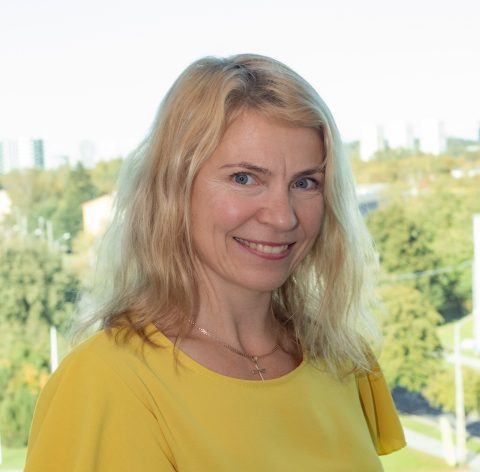 Ingrid Pappel, Tallinn University of Technology
Ingrid Pappel, Tallinn University of Technology
Global Digital Governance Fellowship at Stanford University for Estonian Scholars, August–October 2023
Topic: Accelerating digital service transformation of governments using AI technologies
The rising trend of digitalization of government services is causing bureaucratic structures to seek technologies that will fill this gap and push the legislature to understand and fund the necessary changes. The usage of AI technologies will be key to the future of governmental services. In the same way that Alexa plays a song and Siri assists with phone calls, the Estonian tool named Bürokratt will enable citizens to access their own personal data and get support with government services. Citizens should be able to access and use digital public services using their voice, the world’s first public service AI-based virtual assistant. The main objective of my research is to investigate the main concepts and building blocks, which are essential in facilitating generic workflows across multiple sectors to digitize government services as well as human readiness to cope with these services. Estonia’s X-Road, a solution for data transfer and sharing, has been the cornerstone of digital services for the country for many decades. However, many countries have not been successful in adopting this concept. Why? Is it impossible to take a country’s specific digitalization implementation journey and scale it elsewhere? There is a need to understand why these attempts might be inclined to fail. There is no certainty that one approach would fit all countries. My stay at Stanford will be an exceptional opportunity for me to share my experience watching the formation of Estonia’s dramatic digital transformation in the post-Soviet era. My main goal is to conduct meetings, consultations, and discussions, to share my expertise and learn from Stanford colleagues about their perspectives on the topic of AI-enabled digitalization in the public sector.
Ingrid Pappel is Associate Professor at the Department of Software Science and Vice-Dean for Master’s studies at the School of IT, Tallinn University of Technology. She has more than 20 years of experience in different development projects related to e-governance solutions in Estonia and abroad. She is the head of the Digi-State Technologies and Architecture research group (https://egov.ee/nextgen-group/) which addresses the complexity related to how governments can satisfy the demands of their citizens in times of need. Her research focuses on digital government ecosystems by investigating technologies that support digital transformation. Her research topics are related to the development activities in launching paperless management by creating interoperability with state registries and external and internal systems.
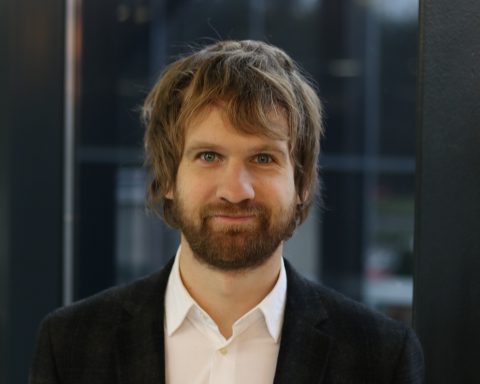 Ralf-Martin Soe, Tallinn University of Technology
Ralf-Martin Soe, Tallinn University of Technology
Global Digital Governance Fellowship at Stanford University for Estonian Scholars, February–April 2023
Topic: Mapping and bridging smart city research and innovation initiatives between Stanford and FinEst Centre for Smart Cities of TalTech
I plan to visit Stanford with the goal to collaborate with smart city and cyber policy-related researchers in the interest of the newly funded FinEst Centre for Smart Cities and its Research and Innovation Agenda. More specifically, my research project looks into how to achieve a digital single market in the urban context, focusing on the technological, cyber, legal, and policy aspects. Most digital services are local and by large, most of them are developed in isolation from the neighboring local governments, either national or international. If we zoom into the regional level (city + city), we often see that each city tends to tailor its own electronic services. In this light, urban digital services tend to be developed in isolation with few attempts to co-design the services jointly with neighboring municipalities in order to offer the cross-border services area for the commuting citizens; and to contribute to better market uptake when solutions are interoperable. Furthermore, smart city services are mainly developed and analyzed from the “closed-borders” perspective, disregarding the fact that, at least technologically, services could be easily scaled over the city borders. This brings us to the main research question for this research visit: how those services could be scaled also from the legal, cyber, and policy perspectives?
Ralf-Martin Soe is a Senior Research Fellow and Founding Director of the FinEst Centre for Smart Cities at TalTech (www.finestcentre.eu). His previous positions include being an ICT Counsellor to the Minister of Entrepreneurship and Information Technology, a Supervisory Board Member at the Estonian Internet Foundation, and a Government Fellow at the United Nations University’s e-Government Unit, among others. He has two master’s degrees (MSc, Maastricht University/ United Nations University and MBA, University of Tartu) and a Ph.D. degree in Technology Governance from TalTech. As a smart city academic entrepreneur, he has been selected as the TalTech Junior Researcher of the Year and the most influential person of the year in Estonia by the Estonian Association of Information Technology and Telecommunications. From 2006-2009, he was an Investigative Journalist at the Business Daily Äripäev and was selected as the Best Young Journalist in Estonia by the Estonian Newspaper Association in 2008, after several nominations.

 Back
Back